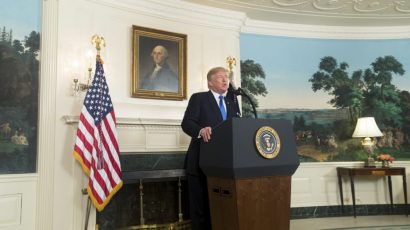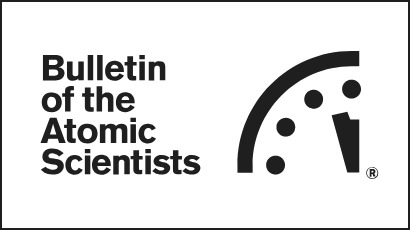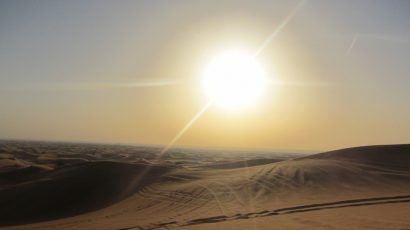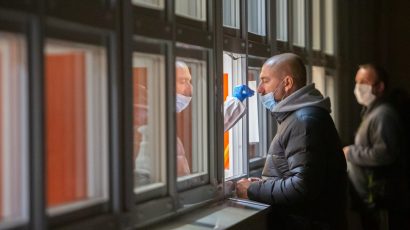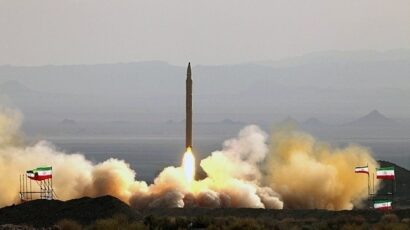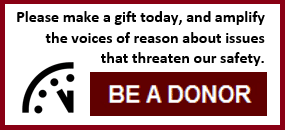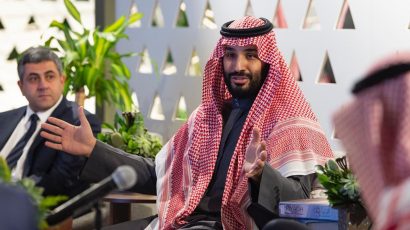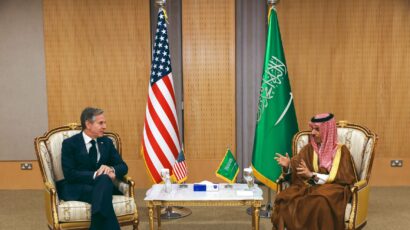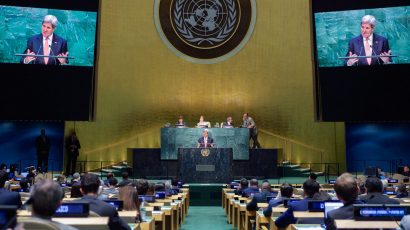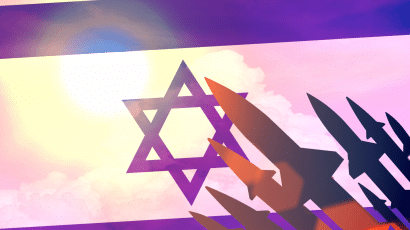Search results for
Bulletin of the Atomic Scientists’ Special Issue: Nuclear Energy in the Middle East
For immediate release: January 15, 2016 Bulletin Media Contact: Janice Sinclaire, [email protected] CHICAGO– January 15, 2016 – The nuclear agreement that Iran and six major world powers signed in 2015 has focused attention on Middle Eastern nuclear politics. But as the Bulletin of the Atomic Scientists’ Executive Editor and Publisher, Rachel Bronson, observes, that deal … Continued
A Yemeni rebel claim highlights the risk of nuclear power in the Middle East
It’s not clear that the Houthis actually launched a missile at a UAE plant, but Middle Eastern countries should consider the threat of war when pursuing nuclear power
We’ve analyzed thousands of COVID-19 misinformation narratives. Here are six regional takeaways
A group of researchers at Princeton University collaborated with colleagues around the world to catalogue many of the unique COVID-19-related disinformation narratives that spread in various countries during the height of the pandemic.
Time for a nuclear pause agreement?
Nuclear arms control is in the deep freeze. But if nuclear-armed states temporarily commit not to conduct nuclear tests or produce fissile material for weapons, they can position themselves for an eventual thaw.
How to avoid nuclear escalation as a confident Iran and insecure Israel square off
Iran's growing confidence and Israel's perceived threats create fertile ground for a potential direct confrontation, in which the nuclear issue would be central. It's time to change course.
Bringing Iran into the Nuclear Security Summit
If a nuclear deal is reached, the Nuclear Security Summit should add another seat at the table
Decoding the Iran Agreement, Part 2: Jon Wolfsthal
Congressional rejection of the Iran agreement would only strengthen Iran's hand, the White House nonproliferation and arms control expert maintained
The missile impasse
Why sanctions against Iran's missile program have turned into a major sticking point in the Vienna nuclear negotiations
Why Arab leaders worry about Iran’s nuclear program
On the surface, it would seem as though Arab leaders would support the Iranian nuclear program. After all, Iran is a fellow Muslim state in close geographic proximity that shares a strong hostility for Israel. Moreover, Pakistan's triumph in developing nuclear weapons to combat India's nuclear program generated great pride in the Arab world.
Saudi Arabia’s nuclear program: Separating real concerns from threat inflation
Recent news reports have given the impression that the kingdom is well down the path toward developing nuclear weapons. But that’s misleading.
Restarting negotiations with Iran
Because it has done so much to create the impasse with Iran, the Trump administration should lead the process toward actual negotiations, relaxing some of the sanctions now in place, reinstating the waivers that allowed European allies to buy Iranian oil, and withdrawing some of its military forces.
Saudi Arabia can alleviate US concerns over its civilian nuclear energy program. Here’s how.
Two nonproliferation experts discuss how Saudi Arabia could become a responsible civilian nuclear power.
Sudan’s conflict escalates, endangering millions
By | With war crimes rampant throughout the country and little hope for a resolution in sight, the two warlords that have been fighting for national control of Sudan since April show no signs of stopping. Sudan is already one of the most vulnerable and least prepared nations in the world to respond to the … Continued
No, it is not time to ditch the NPT
It would be reckless to throw away the only treaty that commits the major nuclear powers to work toward disarmament. Rather than eroding the NPT, here’s how we can strengthen it.
The promise of the Syrian chemical weapons plan
The Russia-US deal to eliminate Damascus’ stockpile has achieved a great deal—far more than the alternative would have accomplished
Zone defense
With political upheavals in Egypt, Libya, and Syria, this might seem like a bad time to begin talks on a nuclear weapons-free zone in the Middle East. And, in fact, some claim that meaningful progress on a treaty cannot be made until order is restored -- under publicly accountable authorities with clear control of military forces and weapons. Others suggest, however, that undertaking multilateral negotiations now would calm fears, provide transparency about nuclear weapons, and encourage a regional peace process that would contribute to stability. So, which should it be?
Flash from the past: Why an apparent Israeli nuclear test in 1979 matters today
Some 36 years ago, Israel likely did a nuclear test with South Africa’s help, and the US looked the other way. That ancient history—including the violation on testing—is especially pertinent today.
A ruinous road to Damascus: Can the US avoid it?
All options in Syria are bad, but some are worse than others—and may require boots on the ground.
Nuclear Notebook: Israeli nuclear weapons, 2022
This issue of the Nuclear Notebook examines Israel’s nuclear arsenal, which we estimate includes a stockpile of roughly 90 warheads. Israel neither officially confirms nor denies that it possesses nuclear weapons, and our estimate is therefore largely based on calculations of Israel’s stockpile of weapon-grade plutonium and its inventory of operational nuclear-capable delivery systems.
